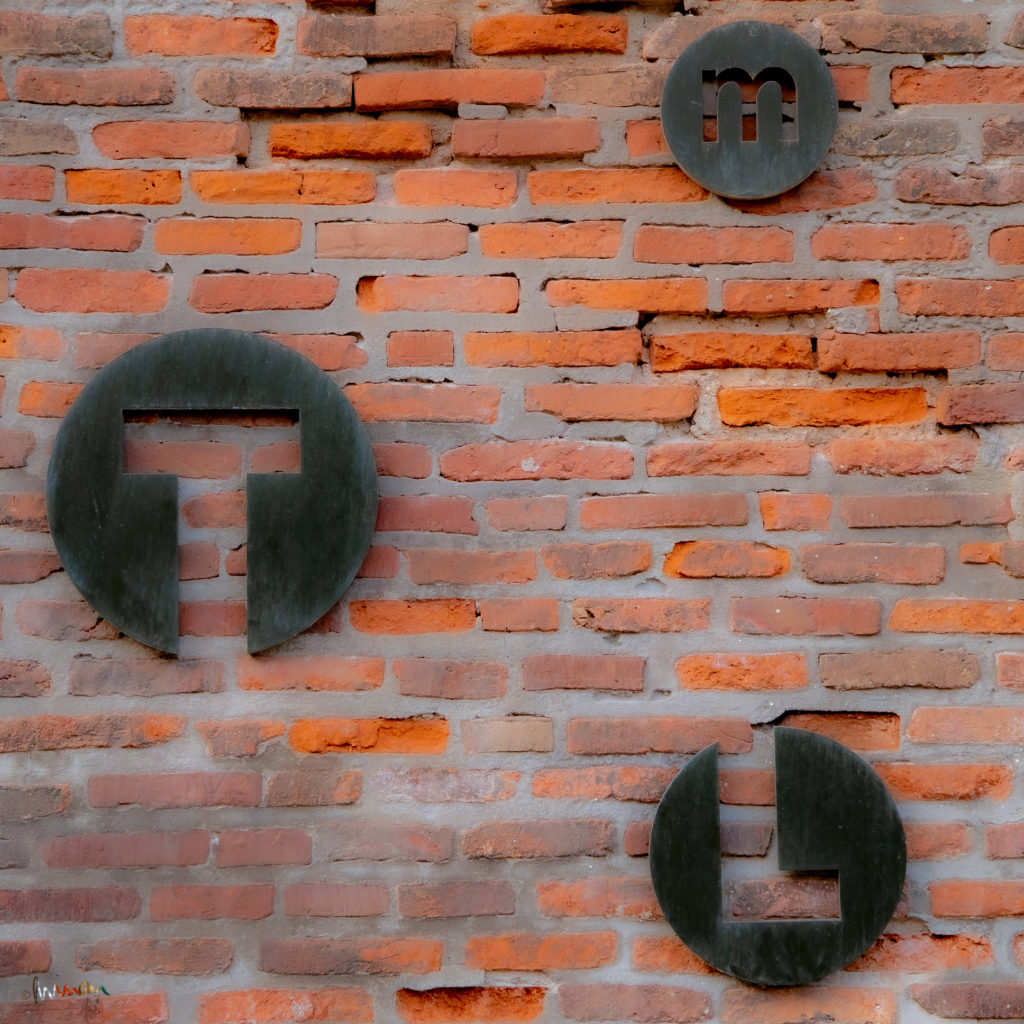Back when we were free to travel, the simplest of reasons might have been sufficient for us to set out. Leinster Rugby off to play in Castres? Let’s visit Albi, the Toulouse Lautrec Museum and see the game in Castres. We’ll make a proper weekend of it. Such was the opportunity we took this date four years ago.

Canon 1D-X | Canon EF 70-200mm f/2.8L IS II USM | 175 mm | 1/6400s | f/4 | ISO 320 | handheld

Canon 1D-X | Canon EF 70-200mm f/2.8L IS II USM | 70 mm | 1/400s | f/4.5 | ISO 1250 | handheld
We were based in London at the time so we hopped in the car on a Friday morning and drove to Albi, taking the train under the channel. We wended our way south for over twelve hours, along the autoroutes through intermittent snows across slushy surface. Progress was slower than planned yet we made it to Albi for dinner, just.
Leinster allowed Castres snatch a draw from the jaws of defeat on a bitterly cold Saturday night but the visitors had done enough to qualify for the knock-out stages. A few months later, I was lucky enough to be able to drive to Lyon after Leinster had progressed to the semi-final, when it was considerably warmer. I drove there with a friend who himself had a friend who put us up in a wonderful house in serious horse and hunting country. This was our host’s reason for living, not to mention his enjoyment of the globally renowned wine and beef options. We lost to Clermont in that second visit to France but I had another French weekend to remember.

Canon 1D-X | Canon EF 70-200mm f/2.8L IS II USM | 70 mm | 1/400s | f/7.1 | ISO 200 | 6 images
Things have changed. Oh how things have changed. Even the rugby teams can’t travel at the moment. The idea of driving from the UK to France seems ludicrous after Brexit, and that’d be same even if we still lived in London. The pandemic rages and I rage too at the negligences of most global governments including the Irish version. The Irish government appears to have prioritised mental health, allowed a form of Christmas that included letting people enter and travel around the country. That covidiocy took us from best in Europe to the worst in the world in just over two weeks.
The idea that elected people should be able to make careers in parliaments has never looked more insane than during this pandemic. It also looked insane in the financial crisis of 2008 when unqualified people had the tiller as usually happens in an ‘unforeseen’ crisis. Perhaps the word ‘unforeseen’ is the clue. Perhaps qualified people might be better at predicting the future. And I don’t mean experts, I probably mean the civil service. I certainly mean that a health minister should have medical qualifications of some form, that a defence minister ought to have some military experience, just to mention two examples.
Democracy, or more correctly, the need to be re-elected, is making it increasingly hard to get the right people into crisis management on a timely basis. I spent over four decades in an industry that learned some hard lessons. When I left college, few understood that qualified emergency response coordinators are the difference between the paper plan and implementation. Having seen, first hand, a progression from almost zero awareness to articled corporate rules over several decades, I also see that no matter how prepared a nation might be, the possibility of political intervention has the potential to undermine everything.
Why not let the civil service do its job and let the politicians do theirs? Why not move the Dail from Dublin to the more central Athlone, limit parliamentary service to two sequential terms and perhaps three lifetime terms and finally, not allow cabinet positions to be occupied by people who aren’t qualified for the posts.
Caveat emptor: my daily musings may not be complete let alone correct.

Leave a Reply